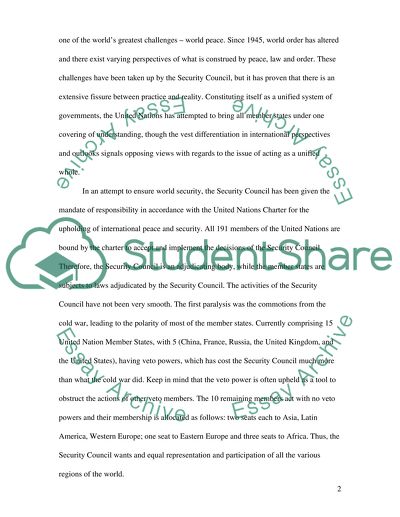Cite this document
(“The reform of Security Council sanctions Coursework”, n.d.)
Retrieved from https://studentshare.org/finance-accounting/1419270-the-reform-of-security-council-sanctions
Retrieved from https://studentshare.org/finance-accounting/1419270-the-reform-of-security-council-sanctions
(The Reform of Security Council Sanctions Coursework)
https://studentshare.org/finance-accounting/1419270-the-reform-of-security-council-sanctions.
https://studentshare.org/finance-accounting/1419270-the-reform-of-security-council-sanctions.
“The Reform of Security Council Sanctions Coursework”, n.d. https://studentshare.org/finance-accounting/1419270-the-reform-of-security-council-sanctions.


